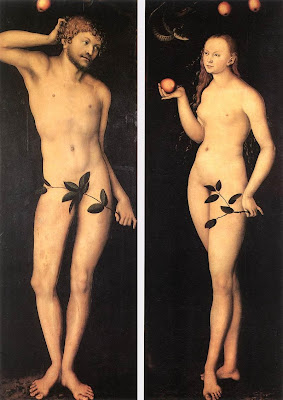by Rahkua Ishakarah
"The phenomenon of fashion is essential to understanding today's individualistic democratic society, because it is an integral and constitutive part of modern western society, and therefore a central and permanet phenomenon" (Fuentes and Quiroga 384). Fashion exercises its spectacular task in its global division with its own set of commodities and the hieroglyphic instructions with which the consumer society discerns its place. It asserts cultural, economic, aesthetic hegemony through the homogenization of image that the social being follows.
What complicates and, quite frankly, justifies the relationship between fashion and its consumer as mutual symbiosis, is the fact that identity can be discerned through the employment of these fetishized commodities, which are at once tools of capitalist society producing artificiality/image for consumption and tools actually lending an individuality and empowerment of identity: "The final twist ... [is that] fashion ... often does successfully express the individual" (Wilson 395).

What becomes more important than actual truth - whether or not these products are empty fetishes perpetuating capitalism global dominance - is our perception of said truth - the products have a transformative power of image and identity that can serve to promote social status and relationship. This perception gives us over to a sense of self, even if based on falsities.







